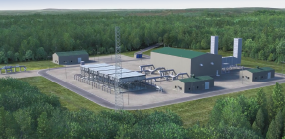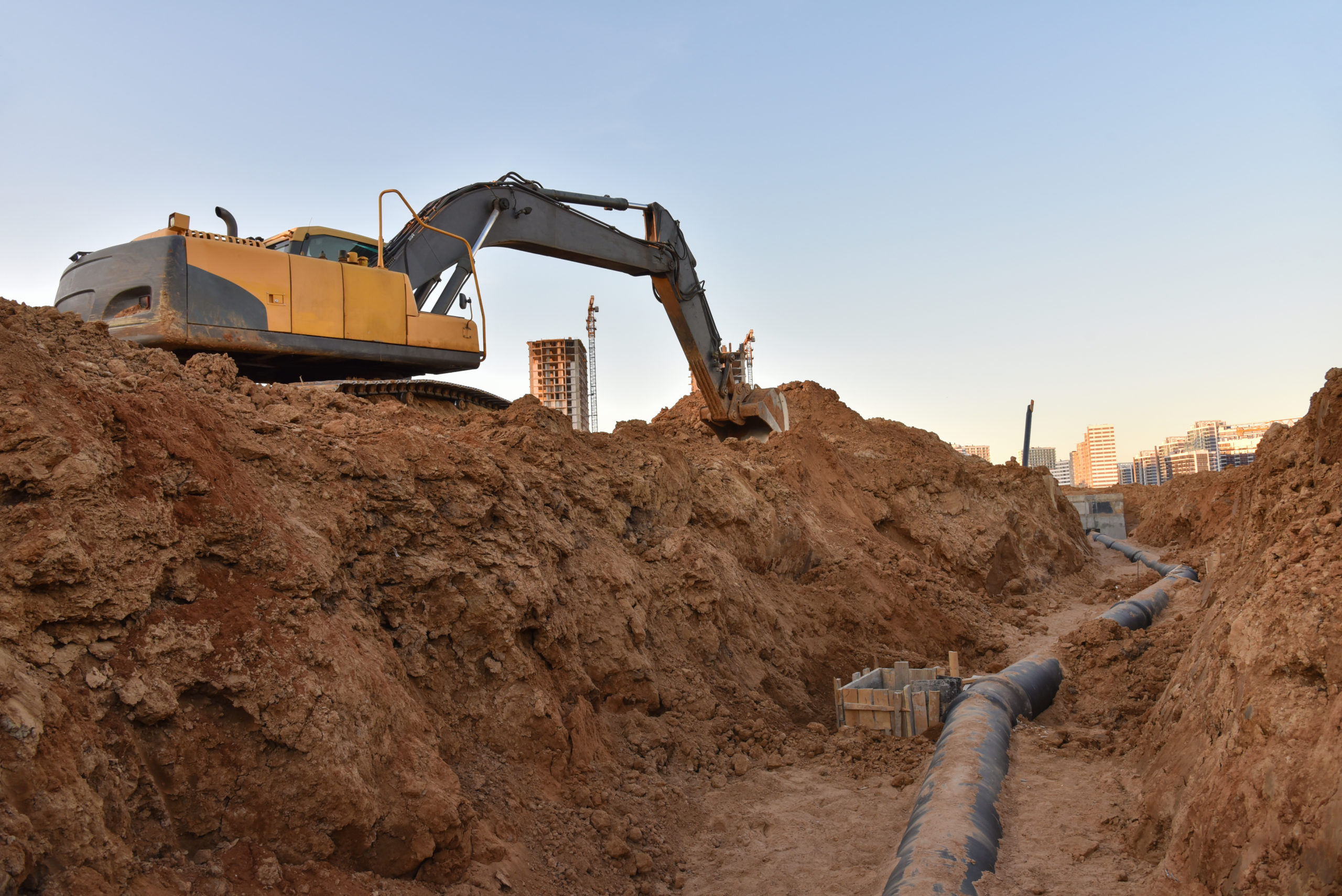
WASHINGTON, DC, — The INGAA Foundation, “The Foundation,” released its report, “Impact of Electrifying Natural Gas Transmission Compression” on January 17, 2024.
The Foundation commissioned global consulting and technology services provider ICF to assess and write a report on potential impacts of electrifying natural gas transmission compression as one tool to address greenhouse gas (GHG) emissions along the natural gas supply chain.
Doing so, the report explains, could reduce methane emissions and eliminate combustion emissions, thereby reducing overall GHG emissions. However, that switch could also raise reliability and resiliency concerns due to additional demand on the electric grid in some regions. The report concludes that in some regions, installation of dual-drive compression, meaning compression with electric and gas-powered optionality, can achieve significant GHG reductions without adverse impacts on the reliability and resiliency of the transmission system.
The report also offers recommendations for a roadmap to convert those compressor stations, highlighting that the end of service life is an opportune time to consider said replacement. The report includes two representative frameworks to support the development of an electrification strategy for a natural gas pipeline operator.
“Foundation members, and the industry in general, are exploring different avenues for reducing emissions from their assets,” said Amy Andryszak, President of The INGAA Foundation. “This study creates value for the entire natural gas pipeline industry by providing in-depth research and actionable recommendations companies can use to better reduce methane emissions from our infrastructure.”
“Our goal with this study was to do more than simply model the GHG impacts of installing electric-driven compressors; we also wanted to answer the question ‘how does this apply to me as a pipeline operator, a service provider, or someone in the industry?’” said Kaushal Shah, Senior Project Manager at ICF. “The final paper does that by providing an overview for industry professionals to implement these plans and consider electrification of compressors as a potential solution to reducing GHG emissions from pipeline assets.”
###
Formed in 1990 by the Interstate Natural Gas Association of America, the INGAA Foundation facilitates the safe, efficient, reliable, and environmentally responsible design, construction, operation, and maintenance of the North American natural gas transmission system. The INGAA Foundation is regarded as the premier organization to represent and convene the full value chain of natural gas infrastructure to advance its delivery and explore complementary clean energy solutions for the benefit of the consuming public, the economy, and the environment.





